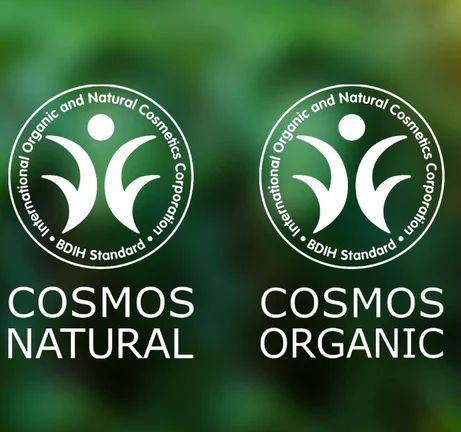Pulished on September 06,2024 by Yidan Zhong
In today’s increasingly eco-conscious market, consumers are becoming more mindful of the ingredients in their beauty and skincare products. As a result, organic cosmetics have gained significant popularity. However, with so many labels and claims, it can be challenging to determine which products truly meet organic standards. This is where organic certification comes in—a system that ensures products labeled as organic adhere to specific standards.
In this blog, we will explore what organic certification means, why it’s essential, and what to look for when choosing certified organic cosmetics.

What is Organic Certification for Cosmetics?
Organic certification is a process by which cosmetic products are verified to meet the organic standards set by certifying bodies. These standards regulate everything from ingredient sourcing to the manufacturing process. Organic cosmetics must be made from ingredients that are grown and processed without synthetic pesticides, fertilizers, genetically modified organisms (GMOs), or harmful chemicals. Certification ensures that the product complies with these standards and can rightfully carry the "organic" label.
Common certifying bodies include:
USDA Organic (United States Department of Agriculture) – One of the most recognized certifications in the U.S.
COSMOS Standard (Cosmetic Organic and Natural Standard) – A European certification widely accepted worldwide.
Ecocert – A global certification that covers organic cosmetics and natural products.
Soil Association – A UK-based certification that ensures organic ingredients and environmentally-friendly production practices.
Why is Organic Certification Important?
Organic certification is more than just a label—it offers several key benefits to consumers, the environment, and brands.
1. Transparency and Trust
With an organic certification, consumers can trust that the product meets the stringent guidelines of the certifying body. This transparency helps build brand credibility and reassures consumers that they are purchasing products free from harmful chemicals or toxins.
2. Healthier Ingredients
Certified organic cosmetics typically contain higher concentrations of natural, plant-based ingredients. These products are often free from harsh chemicals, synthetic fragrances, parabens, sulfates, and other harmful additives, making them gentler on the skin. For individuals with sensitive skin, allergies, or other skin concerns, organic products are often a safer choice.
3. Environmental Responsibility
Organic farming methods used to source ingredients for certified cosmetics help protect the environment. By avoiding synthetic chemicals and pesticides, organic farming reduces soil degradation, water pollution, and carbon emissions. Additionally, organic certification standards often encourage the use of sustainable packaging and ethical production practices.
4. Cruelty-Free and Ethical Standards
Many organic certifications also ensure that no animal testing is involved, aligning with cruelty-free standards. This is a key consideration for consumers who prioritize ethical purchasing decisions.
How to Identify Certified Organic Cosmetics
To ensure that you are choosing truly organic products, it’s essential to look for the certification logo on the product packaging. Here are some key certifications and what they entail:
USDA Organic: Products must contain at least 95% organic ingredients to carry this label. The remaining 5% must consist of approved non-organic ingredients that meet strict criteria.
COSMOS Organic: Requires a minimum of 95% organic ingredients, and products must meet environmental and sustainability standards during production.
Ecocert: Products must contain at least 95% natural ingredients, and 10% of the total ingredients must be organic for organic certification.
Soil Association: Products must meet a minimum of 95% organic ingredients to be labeled as "organic."
In addition to these certifications, check the ingredient list to see if the primary components are marked as organic. Many products will also feature QR codes or links to trace the sourcing of their organic ingredients.
For brands, pursuing organic certification signals a commitment to transparency, ethical production, and eco-conscious practices.
Post time: Sep-06-2024

